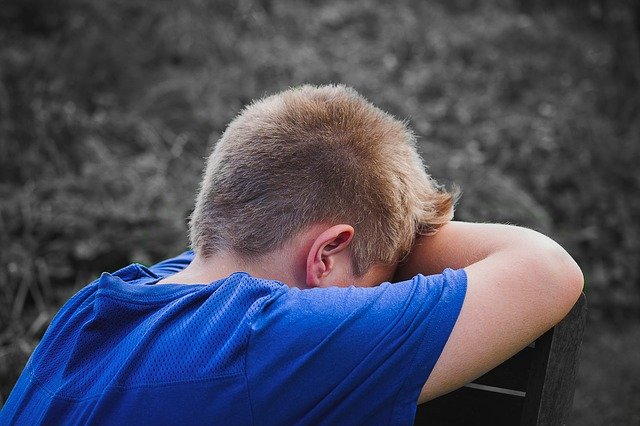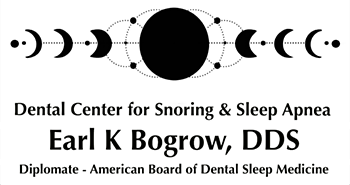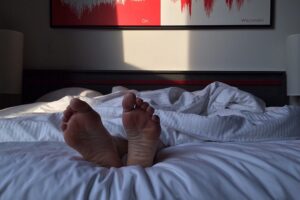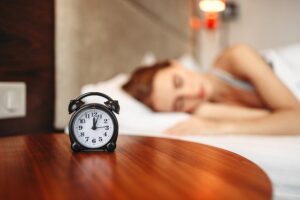Is your child at risk for sleep apnea ADHD?

Over the last few years, there has been more notice of children who have difficulty focusing, are hyperactive, and exhibit impulsive behavior. Educators, physicians, scientists, and even policymakers have labeled children with Attention Deficit Hyperactivity Disorder or ADHD. It’s become a crisis across the nation. They have considered various possibilities as causes, including brain development, exposure to lead, the push for earlier academics. But for some children, it might not be ADHD causing these and other behaviors. It’s possible they have Sleep Apnea ADHD.n.
What if it’s something like lack of good sleep? Researchers have turned their attention to this possibility. When children lack adequate sleep, it can lead to behaviors that mimic ADHD. Parents have indicated that about half of the kids who have ADHD, suffer from some form of sleep problem too. They may have a hard time falling asleep or staying asleep throughout the night. The latest reports indicate that children who have ADHD are two or three times more likely to have sleep difficulties than children without ADHD.
The Possible Connection Between ADHD and Sleep Problems
When children do not get enough sleep, it affects them negatively. They may exhibit symptoms, behaviors, or impairments comparable to ADHD. When kids suffer from sleep-disordered breathing (SDB), they exhibit behaviors like:
· Impulsivity
· Increased hyperactivity
· Problematic behavioral issues
If a child suffers from sleep-disordered breathing, they may have several symptoms. These include loud snoring, frequent snoring or obstructive sleep apnea. When children or adults suffer from obstructive sleep apnea (OSA), their airway repeatedly becomes partially or completely blocked while they are sleeping.
What are the risk factors of in children?
There are a few risk factors for obstructive sleep apnea in children. They often have enlarged adenoids and tonsils which contribute to SDB. Children who are overweight are also at a higher risk. Other factors that increase the risk of SDB in children include cerebral palsy, abnormalities of the lower jaw or tongue, and neuromuscular deficits.
What are the symptoms of sleep apnea ADHD?
When a child suffers from ADHD or sleep deprivation, the symptoms that appear are very similar. They can be nearly indistinguishable. Sometimes, children are misdiagnosed with ADHD when they are suffering from sleep deprivation. A more accurate diagnosis would be sleep apnea ADHD. Many people, including medical professionals think of sleep apnea as a condition that only affects adults. But oftentimes, children suffer from it too. Some of the symptoms of sleep apnea ADHD include:
· Agitation
· Impulsive behavior
· Difficulty paying attention
· Unable to sit still
· Can’t play quietly
· Disorganization
· Forgetfulness
While these symptoms are often associated with only ADHD, they can also be signs of sleep deprivation caused by sleep apnea.
The Connection Between Sleep Disordered Breathing and ADHD in Children
What happens when a child suffers from sleep-disordered breathing? They may experience things like:
· Sleep deprivation which causes general moodiness and disruptive behaviors at home and school.
· Snoring is a classic symptom of sleep apnea ADHD.
· Growth may slow due to SDB.
· Abnormal urination or bedwetting may occur because of an increase in urine production during the night.
· ADHD is often caused or linked to sleep-disordered breathing.
Treatment for Sleep Apnea ADHD
A sleep specialist in Michigan can perform a sleep test for your child. If they are diagnosed with mild sleep apnea or SDB, their sleep habits may be monitored to see if they improve on their own. If your child is overweight and this seems to cause sleep apnea symptoms, you may work with a dietician or pediatrician to help them lose weight. Removal of enlarged adenoids and tonsils is often recommended. Other treatment options may include CPAP therapy or a special mouthpiecem, or oral appliance, that will help keep the airway open while they sleep.
What to do if you suspect sleep apnea ADHD
If your child has been diagnosed with ADHD, but you think they could possibly have sleep apnea, make an appointment with your Michigan sleep specialist. There are many risks associated with sleep deprivation. However, there are also many effective treatment options available. Call us today to schedule a consultation.









